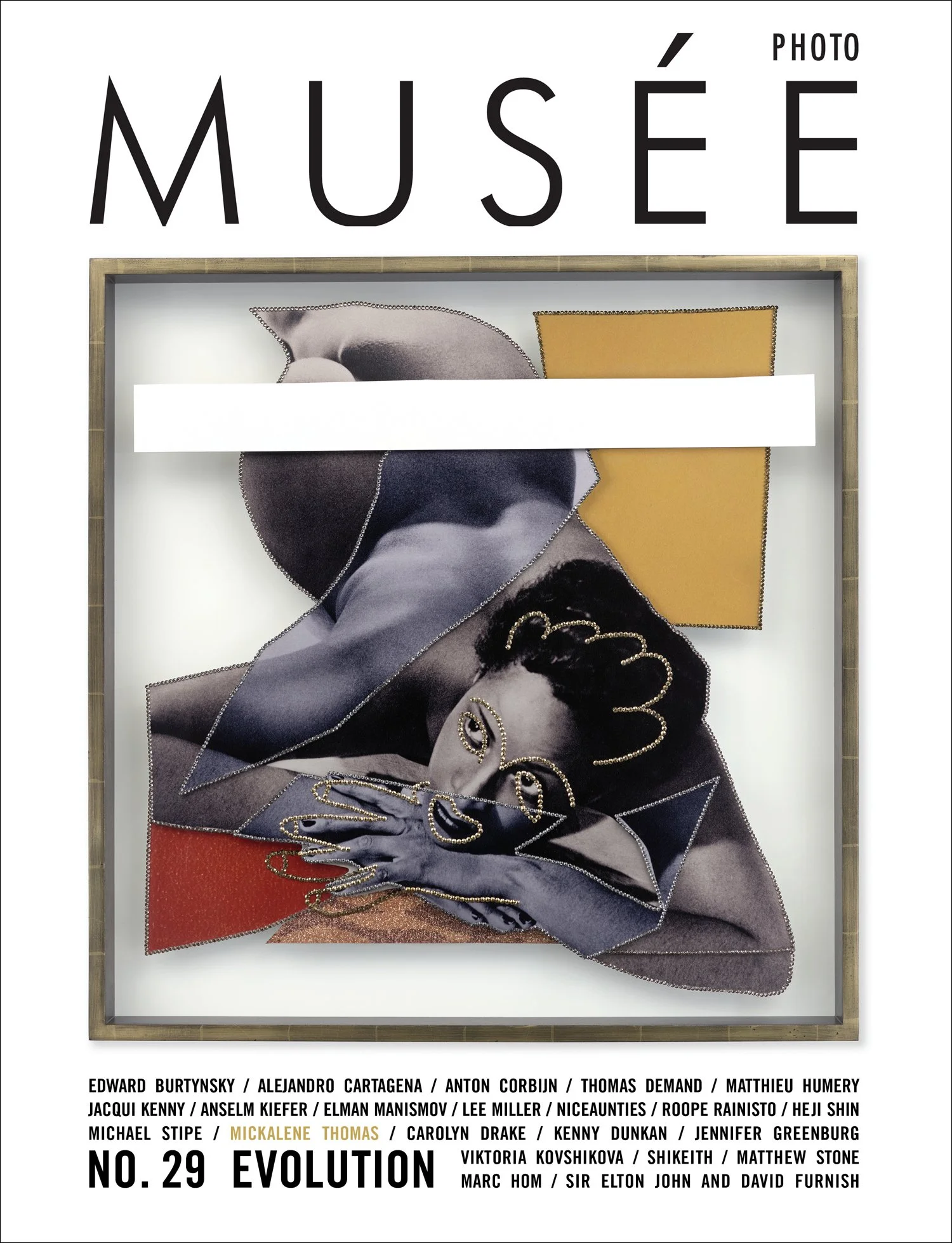Book Review: Aleppo: Deconstruction | Reconstruction
Kassis Hospital (my mother’s memory) © Christine Gedeon, Aleppo: Deconstruction | Reconstruction, KERBER Verlag
“What Aleppo represents is the genesis of my family history, the core of what made us who we are, and the tragedies experienced are a thread in our make-up, it’s in our DNA,” Christine Gedeon says. Aleppo, a Northern city in Syria – a stone’s throw from the neighboring Turkish border – was the most populous Syrian governorate prior to the Syrian Civil War where the city suffered massive destruction.
“Focusing on the destruction of the city and wondering if these places still exist, I’ve asked family members to help locate these places as a way of solidifying this disappearing landscape.”
Michel (squatting on left), with poster of Hafez al-Assad above his head, Syria, c. 1978 © Christine Gedeon, Aleppo: Deconstruction | Reconstruction, KERBER Verlag
Aleppo, to many, may be synonymous with war and devastation, but to Syrians, Aleppo will always be remembered as the cosmopolitan city – a multicultural, multi-ethnic, multi-religious melting pot built by a diverse group of refugees seeking freedom. Located not far from the Euphrates and Tigris rivers as well as the Mediterranean port of biblical Antioch – Aleppo was a major hub for the silk road, situated on both ancient Egyptian and Hittite trade routes.
Their merchant skill was legendary, with proverbs translated to: “What was sold in the souks of Cairo in a month was sold in Aleppo in a day.” By the 16th century, pioneering European merchant houses would be vying to set up shops in this great city.
While their caravanserais and bath houses would have bursted with the chatter of many tongues, their buildings were chiseled with a different type of language. Aleppo’s many-layered past and cosmopolitan identity is chiseled into its very architecture. Crusader fragments such as the Cathedral of St Helena, converted to an Islamic theological school, still stand alongside the famous stone-vaulted Mamluk souks.
© Christine Gedeon, Aleppo: Deconstruction | Reconstruction, KERBER Verlag
“With the virtual obliteration of the city, and so many unanswered questions related to some tragedies in my family history, these answers have become as tenuous as the city itself. With this project materializing these places in Aleppo and in other areas in Syria, I feel it was the only way to create something tangible from this rubble.”
Christine Gedeon’s Aleppo: Deconstruction | Reconstruction, can be a reminder for all Westerners, of Aleppo’s rich and majestic past. Her photo-book is a series of fifteen works on paper and a composite of maps, text, and abstract forms to illustrate her relationship with Aleppo – a relationship built on memory, ancestral folklore, and familial accounts. “I found locations on Google Earth and created digital drawings printed on archival paper as a foundation, simulating bombed-out areas, and went back into them with tape, pencil, and thread.”
Les Frères Maristes (my mother’s memory) © Christine Gedeon, Aleppo: Deconstruction | Reconstruction, KERBER Verlag











